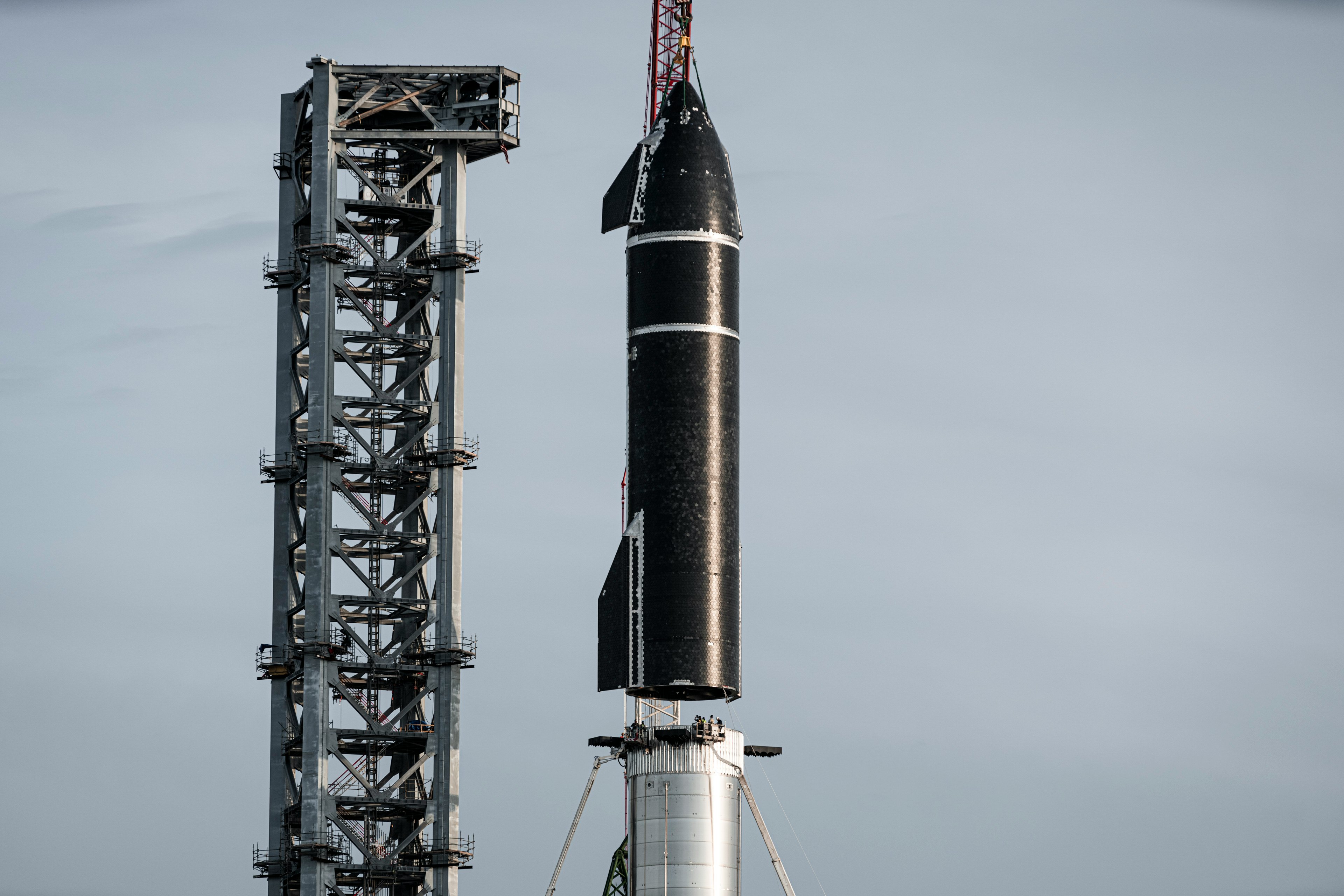
SpaceX’s Starship may do a lot, but it won’t do everything.
The company’s under-development rocket, first outlined in 2017, is designed to send humans to Mars and beyond. But at its unveiling, CEO Elon Musk said that he wanted “one booster and ship that replaces [the existing] Falcon 9, Falcon Heavy, and Dragon.” That means a ship that can also launch satellite constellations like Starlink.
But in an interview with Inverse, Rocket Lab CEO Peter Beck suggested that this vision might be a step too far. Speaking after the latest updates to its Neutron rocket project, Beck explained that the Starship wouldn’t help build satellite constellations of the future.
“If you want to populate Mars, then the Starship is the vehicle to do that,” he says. “If you want to deploy a bunch of constellations and spacecraft in low Earth orbit, 100 tons of payload is just not going to help you.”
Want to know more about Rocket Labs’ big plans, how it could aid deep space missions, and how a unique design choice offers key improvements to rockets? Read the full interview with Peter Beck, only in MUSK READS+.
The comments pour cold water on an often-touted feature of the Starship. Where the Falcon 9 can launch around 16 tonnes to low-Earth orbit in reusable configuration, the Starship can launch over 100 tonnes.
Beyond Musk’s comments at the unveiling, he has mentioned after that he plans to use the Starship for satellite launches. In June 2021, he wrote on Twitter that Starlink missions would move to Starship. Current Falcon 9 rockets launch up to 60 Starlink satellites at a time, which could mean a large increase in launch capacity.
But Starlink isn’t the only mega-constellation on the horizon. Amazon’s Project Kuiper and rival Telesat also plan to use hundreds of satellites in low-Earth orbit for internet access.
Rocket Lab designed its Neutron, set for its first flight in 2024, to launch eight tonnes. Beck argues that a smaller capacity rocket is better for building out constellations because you can target multiple orbital planes with deliveries to orbit.
“If you want to put the constellation in one orbital plane, then that's fine, but that's not particularly useful,” Beck says. “Having multiple planes is generally more useful.”

Beck also argues that, using a smaller payload, it makes more sense for manufacturers to use a smaller rocket.
“You don’t get a discount for putting eight tonnes in a 100-tonne rocket,” he says. “The rocket price is the same.”
When paired with the Electron rocket, Beck argues that Rocket Lab can lift around 90 percent of all that’s planned within the coming decade. That still leaves Starship and others for heavy-lift missions.
A rocket that can replace Falcon 9, though? That all depends on whether SpaceX can offer launches at an attractive price. Musk claims the ship could cost just $2 million per launch, severely undercutting the Falcon 9’s $62 million price tag.
The race to make space more accessible than ever is heating up.
TO READ THE FULL INTERVIEW, SUBSCRIBE TO MUSK READS+.
Here is what you will gain from subscribing to MUSK READS+:
- Three emails per week, enabling fans to go deeper into the week’s stories.
- Original interviews and reporting, longform analysis, previews, and recaps of major events, including earnings calls and more.
- Community-focused extras like responses to reader mail, an upcoming event calendar, and notable anniversaries.
- An archive of previous subscriber-only content, so you can easily read back over what you might have missed.
- Promotional deals and offers.
- Supporting original, independent journalism.
MUSK READS+ is a fully independent operation. We are not Elon Musk, nor are we employed by him. Our job is to report the events we find important, giving you the inside look at the worlds of space rockets, electric cars, clean energy, and more. It means first-hand accounts of a SpaceX rocket launch, Tesla insights from third-party analysts, and more.
If you want to support us in our mission, and receive original interviews and analysis, consider contributing with a subscription.







